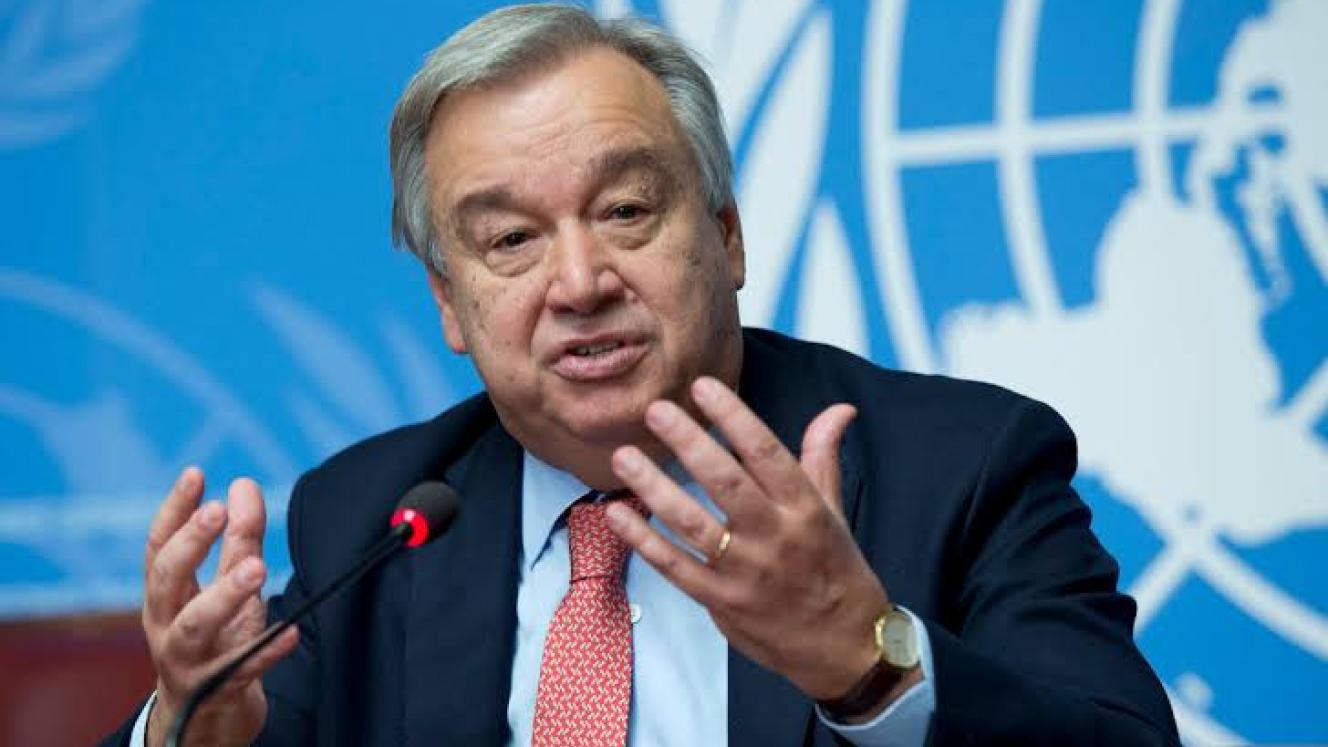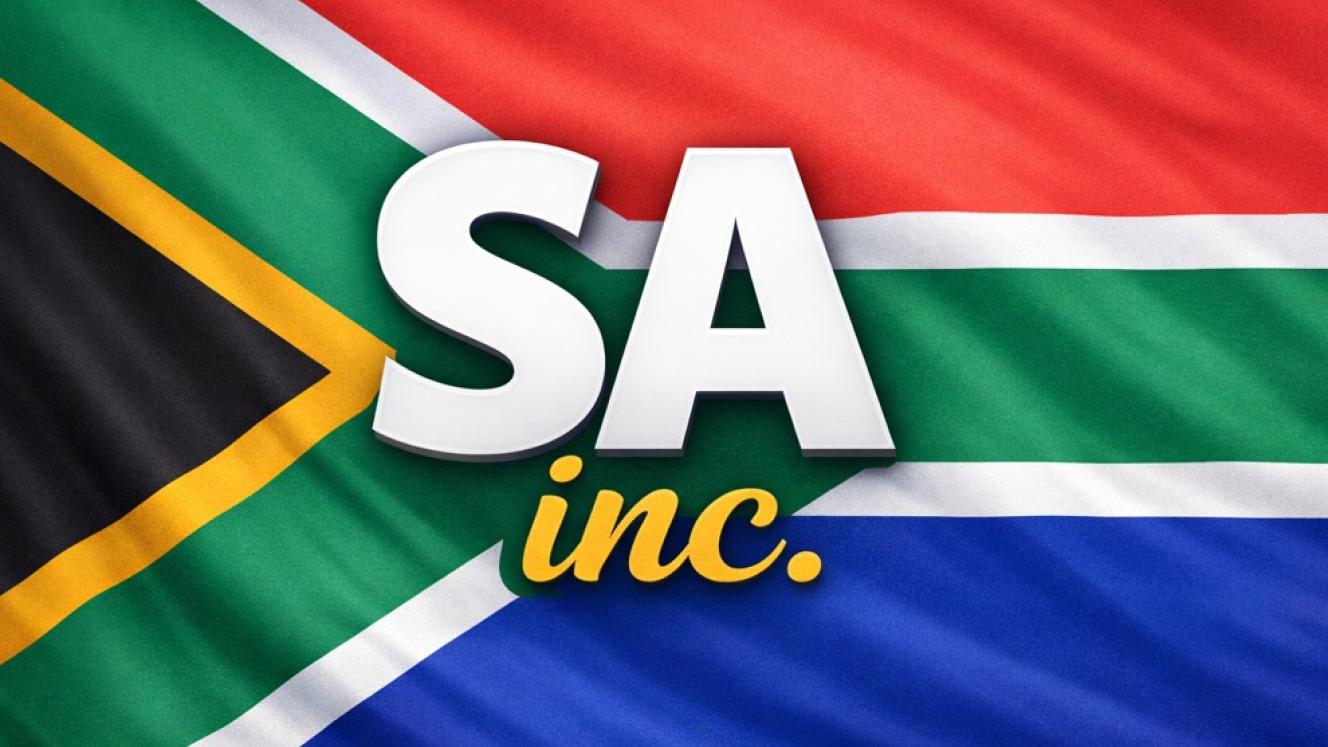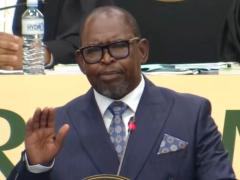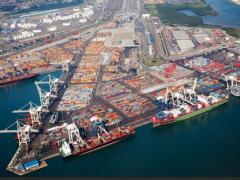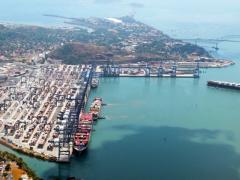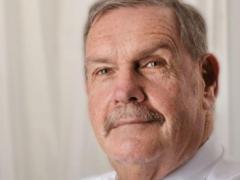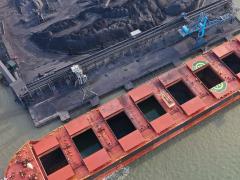Concerted international action was needed to release the brakes that Covid-19 has put on the contribution of trade to economic growth, said UN Secretary-General António Guterres at the opening of Unctad 15 in Barbados earlier this week.
Noting that the trade-to-GDP ratio remains below pre-pandemic levels, Guterres said “the challenge is to reignite the engines of trade and investment, and ensure they benefit the poorest countries.
“In its current state, the global trade system remains heavily stacked against the poorest countries.
“They are victims of unfair trade rules and barriers, unpredictable commodity prices, outdated infrastructure and transportation systems, and lack of access to digital tools.
“We need open and fair trade rules, so all countries can compete on a level playing field no matter their position on the development ladder.
“We also need to help developing countries modernise their infrastructure and trade flows — reducing costs and increasing efficiencies.
“This is vital to support their transition to green economies grounded in sustainable and renewable energy.
“It includes modernising transportation — especially the shipping industry, which transports 80% of global merchandise.
“Automation and digital solutions can reduce bottlenecks and help this vital industry decarbonise,” he added.
Guterres challenged countries to take responsibility for reducing greenhouse gases.
“Countries cannot wait for others to make the first move.
“The fossil fuel economy is itself becoming a fossil.
“It’s time to shift our support to building a sustainable green economy.”
The immediate challenge is to bring the Covid-19 pandemic under control.
He said Covid-19 had wreaked havoc across the global economy, disrupting the three powerful economic engines of trade, manufacturing, and transportation.
“Millions of jobs have been lost at a time when social protections remain out of reach.”
Covid-19 has widened the gap between rich and poor countries.
According to Guterres advanced economies are investing nearly 28% of their GDP into economic recovery.
For middle-income countries, that falls to 6.5%.
“And it plummets to 1.8% for the least-developed countries. 1.8% of a very small gross domestic product.
“In all, more than eight out of every ten dollars in recovery investment is being spent in developed countries — not in the countries in greatest need.
“Wealthy countries have far more vaccines than people.
“Yet more than 90% of Africans have yet to receive their first dose.
“This is an outrage.
“And as variants take hold and spread, this is a recipe for disaster, threatening us all.
“The world must mobilise behind a global vaccination plan with clear targets for every country.
“We need to dramatically ramp up vaccine production and get them into the arms of 70% of people, in all countries, in the first half of 2022,” he said.
